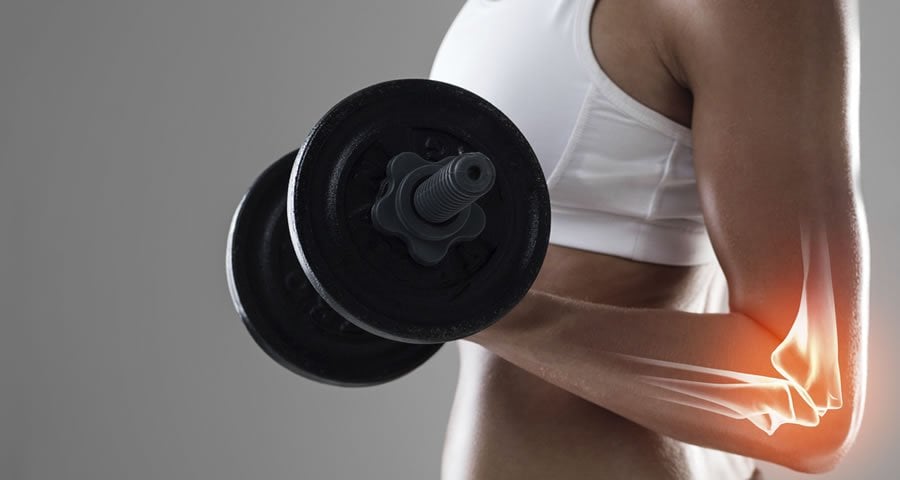When a person talks about their health, they often focus on their heart health, their weight, or their emotional well-being. Bone health is rarely discussed, but it is equally important. The skeletal system is the framework upon which the entire body rests.
Peak bone density is typically seen around the age of 30. At this time of life, a person’s bones are their strongest and most resilient. However, people don’t have to accept a loss in bone density. There are several ways they can maintain their bone health, including eating a healthy diet, regular exercise, and taking Osteo Vegan for bone health.
What is the Definition of Healthy Bones?
Strong density is a characteristic of healthy bones, as it is a measure of structural integrity. Individuals of both genders are susceptible to osteoporosis, osteopenia, and other bone conditions as they age. Weak bones cannot support a person properly. How can a person prevent the loss of bone density?
Weight-Bearing Exercises
Weight-bearing exercises stimulate the growth of new bone while helping maintain existing bone density. Individuals of all ages benefit from weight-bearing exercises because they make the bones stronger and reduce the risk of bone disorders. Walking is an ideal weight-bearing exercise because it is low-impact but highly effective. It also benefits a person’s overall health. People should start taking short walks and slowly build their distance and pace to boost their fitness while improving their overall health and bone health.
Healthy Diet
The bones are living tissues. They are constantly remodeling as old bone disintegrates and new bone replaces it. A diet rich in calcium and vitamin D helps support the process of bone remodeling. Vitamin D is needed to help the body absorb calcium and is an essential component of bone structure. If the body is lacking either calcium or vitamin D, bone density decreases because the rebuilding process does not work effectively.
Calcium-rich foods include milk, yogurt, and other dairy products. A person should increase their consumption of leafy greens to boost their calcium intake and eat calcium-fortified foods. Plant-based milks are often fortified with calcium, as is orange juice. Salmon and other fish with edible bones contain large quantities of calcium, and a person should eat more nuts and legumes.
Food rich in vitamin D includes salmon, tuna, and other fatty fish. Egg yolks are an excellent source of vitamin D, particularly those that come from pasture-raised or free-range chickens. UV-exposed mushrooms can increase a person’s vitamin D intake, and many foods are now fortified with this vitamin.
However, many people do not get enough vitamin D or calcium from their diet and the sun. They need a supplement to ensure their nutritional needs are met. Supplementation will help ensure their bones stay strong and healthy.
Peak Bone Density
As previously mentioned, peak bone density is typically reached by the time a person reaches the age of 30. Their bones have accumulated minerals that will make them strong and resilient. Achieving this peak bone density is essential because it will decline over time. If a person has a high peak bone density, they are less likely to develop osteoporosis and bone fractures as they age.
Many factors play a role in peak bone density, including nutrition and physical activity. Balanced hormones are also important for bone density, and genetics play a role in a person’s bone density. People who smoke and drink and those who are overweight are at greater risk of bone problems as they age.
Every person must be concerned about bone health as they age. The practices outlined above can help a person improve their bone health and better their overall health simultaneously. Learn more today to ensure your bones can support you for life.

